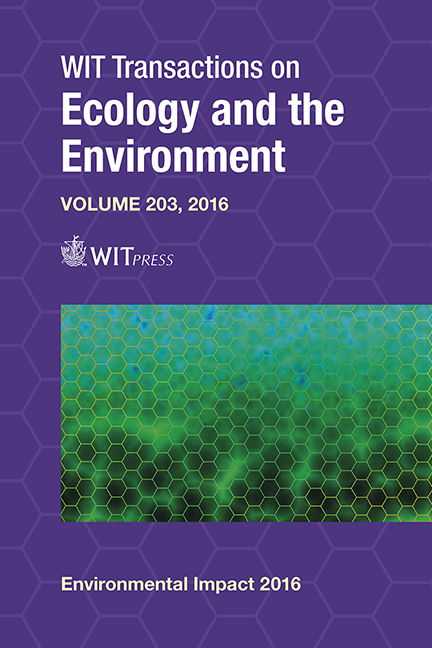The Impact Of Trade Openness On Environmental Quality: An Empirical Analysis Of Emerging And Developing Economies
Price
Free (open access)
Transaction
Volume
203
Pages
14
Page Range
195 - 208
Published
2016
Size
376 kb
Paper DOI
10.2495/EID160181
Copyright
WIT Press
Author(s)
J. Bernard, S. K. Mandal
Abstract
This study examines the impact of trade openness on environmental quality using a dynamic panel data model for 60 emerging and developing economies. We attempt to examine the trade-environment relationship for the period 2002 to 2012, employing Environmental Performance Index (EPI) and CO2 emissions as the two indicators of environmental quality. The paper tries to fill in the lack of dynamic panel data models investigating trade-environment relationship in emerging economies. The fixed effects model elicits that trade openness improves EPI, albeit it increases CO2 emissions. When corrected for endogeneity, trade openness was found to have no significant impact on EPI, though it escalates CO2 emissions. GMM findings with EPI highlight that political factors improve environmental quality, whereas income and population have detrimental effects. In the GMM estimations with CO2 emissions, trade openness, income, energy consumption and population were found to have deleterious effects on environmental quality. The empirical findings impart support to the contentions over the impact of trade on environmental quality. Efficacious economic, energy, infrastructural and institutional policies hold the key to environmental sustainability in emerging economies.
Keywords
international trade, environmental performance, carbon emissions, governance, endogeneity





